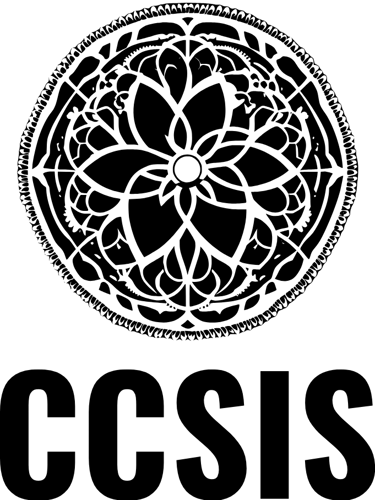The Importance of Interdisciplinary Studies in Enhancing Sustainable Development
3/19/20243 min read


The Importance of Interdisciplinary Studies in Sustainable Development
Sustainable development is a complex and multifaceted concept that requires a holistic approach to address its various dimensions. It goes beyond just the environmental aspect and encompasses economic growth, social equity, and cultural preservation. In order to achieve sustainable development, it is crucial to bring together different disciplines such as economics, business, social science, and education.
Interdisciplinary studies play a vital role in sustainable development by providing a platform for collaboration and knowledge exchange. By integrating insights from various disciplines, we can gain a deeper understanding of the challenges we face and develop innovative solutions that take into account the interconnectedness of different systems.
The Role of Economics in Sustainable Development
Economics plays a significant role in sustainable development as it provides the framework for analyzing the trade-offs between economic growth and environmental conservation. It helps us understand the costs and benefits of different policies and interventions, allowing us to make informed decisions that promote sustainable development.
For example, economists can assess the economic impact of renewable energy projects and compare them to traditional fossil fuel-based energy sources. By quantifying the benefits of renewable energy in terms of reduced greenhouse gas emissions and improved air quality, economists can demonstrate the long-term economic viability of sustainable energy solutions.
The Contribution of Business in Sustainable Development
Businesses have a crucial role to play in sustainable development, as they are both drivers and enablers of change. Through sustainable business practices, companies can reduce their environmental footprint, promote social equity, and contribute to economic growth.
By integrating sustainability into their operations, businesses can not only reduce costs but also enhance their reputation and attract environmentally conscious consumers. This, in turn, creates a positive feedback loop where sustainable practices become the norm rather than the exception.
The Social Science Perspective on Sustainable Development
Social science provides valuable insights into the social and cultural dimensions of sustainable development. It helps us understand the behavior and attitudes of individuals and communities towards the environment and provides guidance on how to promote sustainable behaviors.
For example, sociologists can study the factors that influence people's willingness to adopt sustainable practices, such as recycling or reducing energy consumption. By understanding these factors, policymakers can design interventions that effectively promote sustainable behaviors and create a culture of sustainability.
The Role of Education in Promoting Sustainable Development
Education plays a crucial role in promoting sustainable development by equipping individuals with the knowledge and skills needed to make informed decisions and take action. It helps raise awareness about the challenges we face and fosters a sense of responsibility towards the environment and future generations.
Through interdisciplinary education programs, students can gain a comprehensive understanding of sustainable development and learn how to apply this knowledge in real-world contexts. By integrating sustainability into the curriculum, educational institutions can empower students to become agents of change and contribute to the achievement of sustainable development goals.
Foresight as a Tool for Enhancing Sustainable Development
Foresight, as a discipline, plays a crucial role in enhancing sustainable development by providing a systematic approach to understanding and predicting future trends. It allows us to anticipate and mitigate potential risks and identify opportunities for positive change.
By combining insights from economics, business, social science, and education, foresight can help us develop scenarios and strategies that promote sustainable development. It enables policymakers and stakeholders to make informed decisions that take into account the long-term implications of their actions.
Conclusion
The integration of economics, business, social science, education, and foresight within interdisciplinary studies offers a powerful framework for exploring and enhancing sustainable development. By leveraging insights from multiple disciplines, we can gain a deeper understanding of the challenges we face and develop innovative solutions that promote economic growth, environmental preservation, and social equity.
It is through interdisciplinary collaboration and knowledge exchange that we can create a more sustainable future for generations to come.
Get in touch
Socials
Subscribe to our newsletter
Copyright ©2024-2025 by Society of Complex Systems and Interdisciplinary Studies ║ International virtual Office: érables 94470, Boissy St Leger, France. Bank Address: Avenue Louise 54, Brussels, 1050, Belgium.
